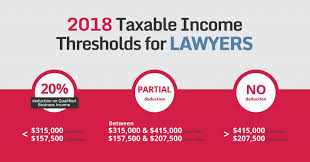According to Law360, Swiss bank Zürcher Kantonalbank has agreed to pay $98.5 million after admitting to helping U.S. clients dodge taxes by letting them stash money in undeclared accounts that used code names and shell companies, Manhattan federal prosecutors announced on August 13, 2018.
Those two bankers, Stephan Fellmann and Christof Reist, were originally indicted on felony charges and pled guilty to misdemeanor charges on August 13, 2018.
If ZKB abides by the agreement, which includes a requirement to turn over information about the U.S. client accounts, the government said it will defer prosecution on the information for three years and then seek to dismiss the charges.
According to the prosecutors’ statement, ZKB helped U.S. clients dodge taxes by opening and maintaining undeclared accounts, including by allowing the clients to be identified by a code word instead of by name. The bank also allowed U.S. clients to maintain accounts held in the names of non-U.S. entities, some of which were sham structures existing solely to hide offshore assets, prosecutors said.
ZKB’s external asset manager desk “treated UBS’ decision to stop accepting U.S. taxpayer-clients as a business opportunity, and actively sought to increase its U.S. taxpayer-client base,” according to the prosecutors’ statement.
In December 2012, three ZKB bankers: Fellmann, Reist and Otto Hüppi, were charged in a New York federal court with conspiracy to defraud the U.S. and the IRS for their role in ZKB’s conduct, according to prosecutors.
Fellmann, whose name is spelled “Fellman” in the case name and Reist are scheduled to be sentenced Nov. 30 and face up to one year in prison. Hüppi remains at large.
The case is USA v. Fellman et al., case number 1:12-cr-00962, in the U.S. District Court for the Southern District of New York.
Read more at: Tax Times blog














